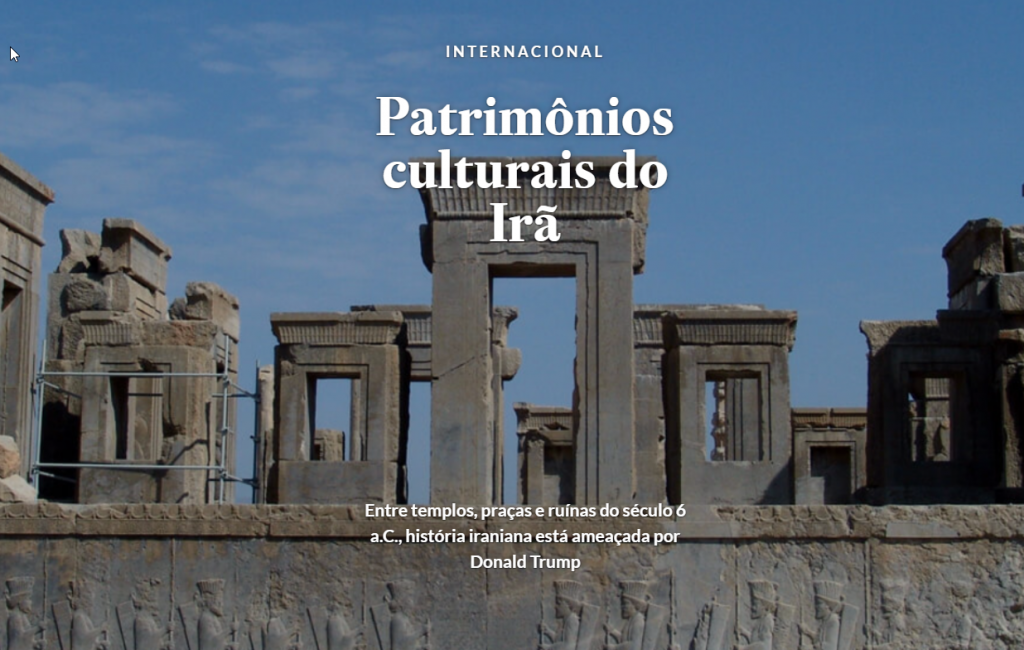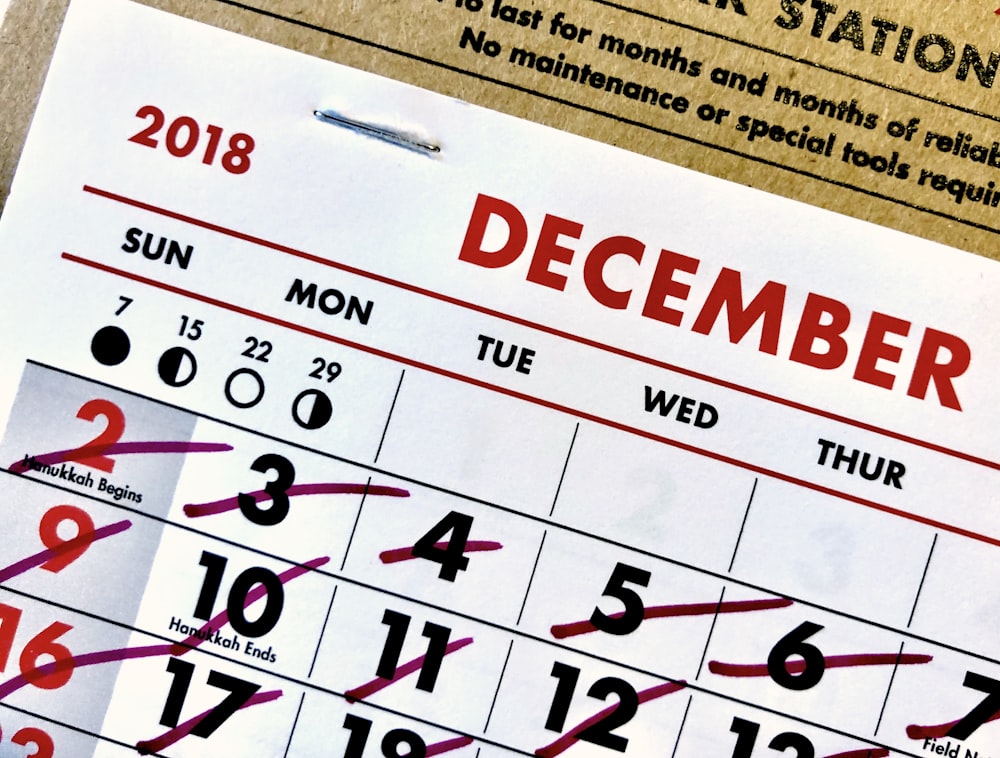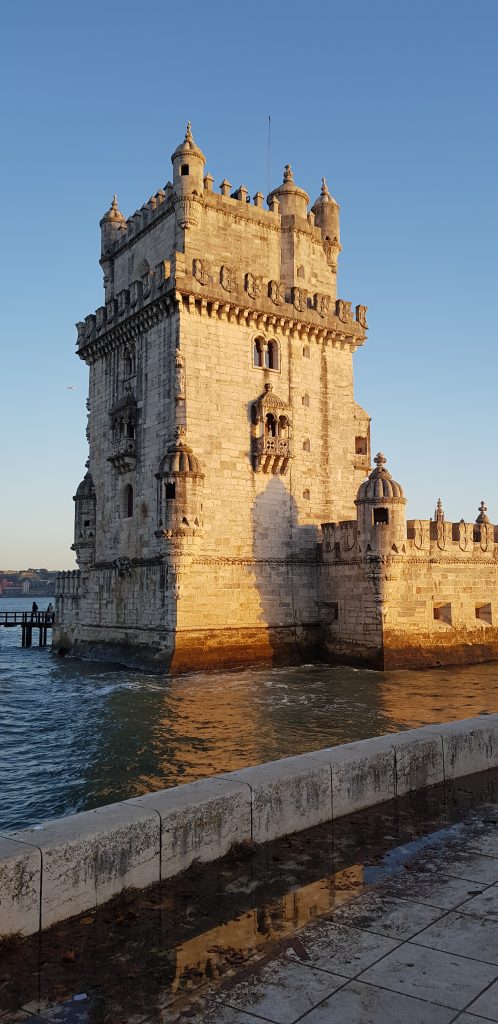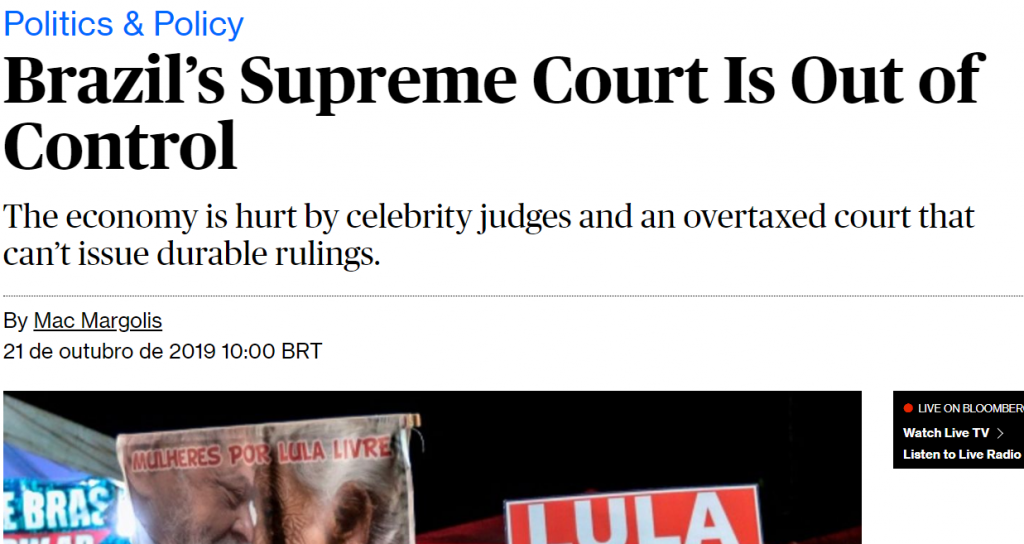
https://arte.estadao.com.br/internacional/geral/locais-historicos-ira/
Dei de cara com essa “manchete” do Estadão hoje e fiquei mais do que pasmo. Fiquei boquiaberto com o que está escrito ali pra todo o Brasil (e o mundo) ver. Por conta da eliminação do agora “diplomata” e “querido líder” Soleimani, um sujeito que andou mundo afora criando caos como o imposto aos judeus argentinos há alguns anos, ou à população do Iêmen, ainda hoje, tenho o desprazer de dar de cara com o “jornalismo” feito por um jornal que eu assino, e que julgava relativamente imune às estupidezes maiores. Trump ameaça o patrimônio histórico do Irã. Legal.
Aliás, nem “jornalismo” se trata, propriamente, mas apenas uma chamada enviesada para lindíssimas fotos de patrimônios culturais da humanidade em terras Iranianas.
Ou seja, o Irã desestabiliza toda a região, criando o caldo social que gerou o ISIS, que agora combate, invade (ou coordena) a invasão da embaixada americana no Iraque, infiltra milicias em vários locais, e agora diante da oportunidade não perdida pelos EUA de eliminar dois “coelhos gordos” com uma cajadada só (Soleimani e o líder miliciano no Iraque, Muqtada al-Sadr).
O fato é que, conforma BBC, “O governo Trump ficou surpreso com a magnitude do ataque contra a Embaixada em Bagdá, visto como uma escalada, e acreditou que Soleimani estava por trás disso. Apresentado com uma oportunidade de alvo, o presidente autorizou o ataque (contra o general).” Ficou mesmo, pois foi a culminação de uma série de atentados aqui e acolá, matando americanos (civis e militares). Qualquer nação que tenha algo de orgulho se sentiria justificada em matar as duas figuras de uma vez só. Será que Trump pensou nas consequências? Muito provavelmente não. Isso é ruim? Bom, ruim mesmo foi a atitude covarde de Jimmy Carter, diante da invasão da embaixada americana em Teerã, em 1979; ruim e covarde foi a atitude de Hillary Clinton (e de Obama) em “botar a viola no saco” diante da mortandade de civis e militares no consulado americano em Bengasi, na Líbia, que vitimou um homem cuja morte foi sentida nos EUA, J. Christopher Stevens, carismático diplomata, por conta de um filme considerado “ofensivo ao Islã” (“The innocence of Muslims”, ou a Inocência dos muçulmanos)…
É de se perguntar se a não-retaliação, a inação diante desses atos resolveu algo no sentido de melhorar as relação dos países muçulmanos com o ocidente. Nada adiantou ficar chorando, sentado na calçada. Apenas acabou ali o “deterrence factor“, ou seja, o fator de dissuasão, que os EUA detêm desde meados da 1a. guerra mundial. Até o “advento” do maluco Trump, os terroristas, oficiais ou não, já acreditavam que poderiam fazer atentados aqui, lá e acolá, que sempre haveria um Barack disposto a pagar uns US$ 400 milhões para algum grupo terrorista “dar um tempo”.
É de se perguntar também se o “atentado” contra o Porta dos Fundos, perpetrado por um idiota, ou grupo de idiotas, merece a mesma reação e grau de solenidade dado ao filme “A inocência dos muçulmanos”, que nem de longe é tão ofensivo ao islã quanto o Jesus gay dos cretinos brasileiros é para o cristianismo.
O cúmulo, porém, é o jornalismo de prejulgamento: eu afirmo, eu informo, que “Trump vai colocar patrimônio histórico do Irã sob ameaça”. De onde se retira isso? Com que base? Na 2a. guerra mundial, os aliados, liderados pelos EUA, foram responsáveis por recuperar e devolver aos museus da Europa milhares de obras e objetos de arte roubados pelos nazistas, num ato coletivo (e até poder-se-ia dizer desnecessariamente dispendioso, face às necessidades prementes da reconstrução do pós-guerra) de grande visão cultural, de futuro e de mundo. Qual é a base para afirmar que os EUA de hoje seriam capazes de, deliberadamente, colocar zonas de preservação histórica sob ameaça? Nenhuma base, obviamente, exceto o interesse de desacreditar o Ogro Laranja (o que é fácil, dada sua natureza, digamos, bufona).
Peca a imprensa brasileira por acoitar em suas redações um número enorme de jornalistas cujo amor à notícia é nulo, cujo apego à verdade está subordinado a suas paixões ideológicas, cujo interesse em informar está debaixo da mão política de um grupo que tenta a qualquer custo ganhar esta guerra cultural-ideológica na qual estamos no meio: no Brasil, e em quase todo o ocidente.
Pela epistemologia de um grupo, jornalistas hoje enxergam o que querem; por essa visão de mundo, vêem qualquer ação de um lado como sendo má, necessariamente (vice-versa é verdade também, mas em nível – ainda – infinitamente menor e mais difuso). Por essa visão de mundo, congressistas deixam de pensar no país, se é que algum dia nele pensaram, para botar fogo em ideias excelentes – de um e outro lado, diga-se, apenas para não dar “chances eleitorais” ao adversário.
Enfim, “basta a cada dia seu mal”, como Jesus disse no sermão do monte. Vamos lutando a cada dia para tentar fazer retroceder, seja pela palavra, seja pelo humor, a imbecilidade de extremos que pensam em tudo, menos no próximo.










